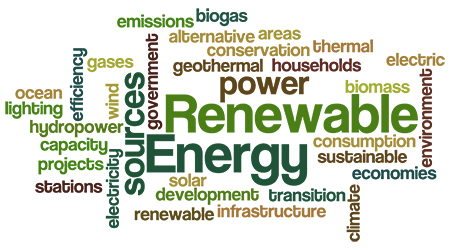The 2019 blackouts in California left some hospitals without steady access to electricity and tested their emergency response strategies, but facilities and communities that focused on resilience have tended to fare the best. Self-sufficient microgrids created pockets of respite during the most recent round of blackouts.
In 2020, Kaiser Permanente became the first U.S. healthcare system to achieve carbon-neutral status, and a renewable energy microgrid project at a hospital in Richmond, Calif., is one example of the organization’s innovative plan to reach its environmental goals, according to Health Facilities Management.
For decades, Kaiser Permanente’s hospitals have had microgrids powered by diesel generators to provide backup power during outages and ensure patient care is not interrupted. Two issues have made microgrids even more essential: higher-acuity care at more locations and the increased threat of outages due to wildfires and extreme heat.
In 2018, the California Energy Commission funded a project at Kaiser Permanente’s Richmond Medical Center to install 1 megawatt-hour of battery storage and a 250-kilowatt solar power system. The project has demonstrated the ability of distributed storage to reduce the demand for electricity powered by fossil fuels and the additional resiliency the renewable energy microgrid provides.

 Healthcare and Resilience: A Pledge for Change
Healthcare and Resilience: A Pledge for Change Texas Health Resources Announces New Hospital for North McKinney
Texas Health Resources Announces New Hospital for North McKinney Cedar Point Health Falls Victim to Data Breach
Cedar Point Health Falls Victim to Data Breach Fire Protection in Healthcare: Why Active and Passive Systems Must Work as One
Fire Protection in Healthcare: Why Active and Passive Systems Must Work as One Cleveland Clinic Hits Key Milestones for Palm Beach County Expansion
Cleveland Clinic Hits Key Milestones for Palm Beach County Expansion